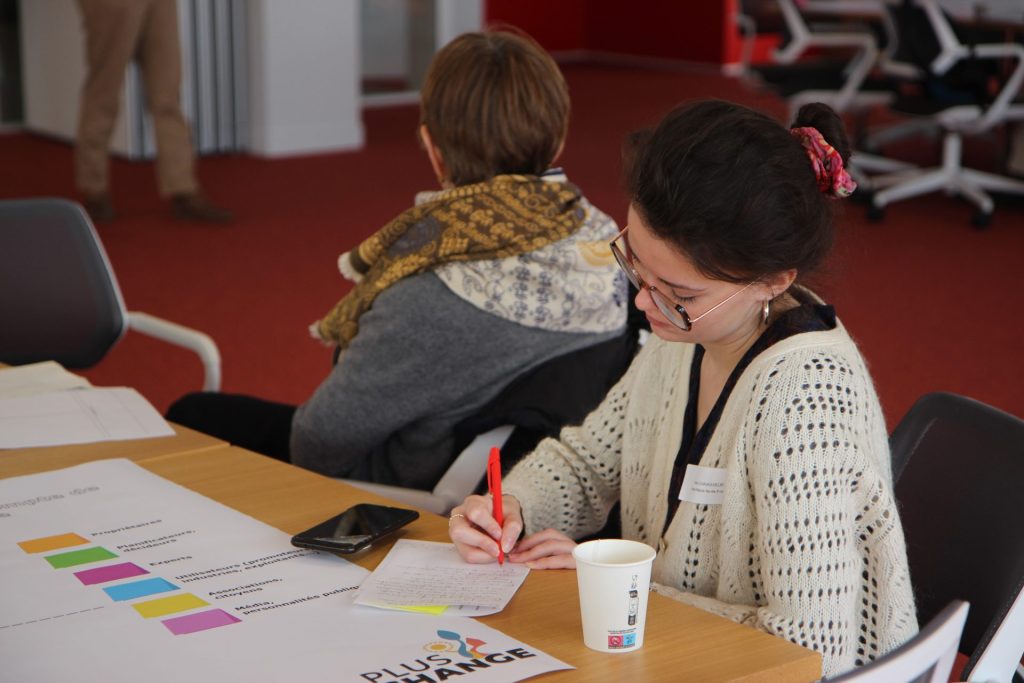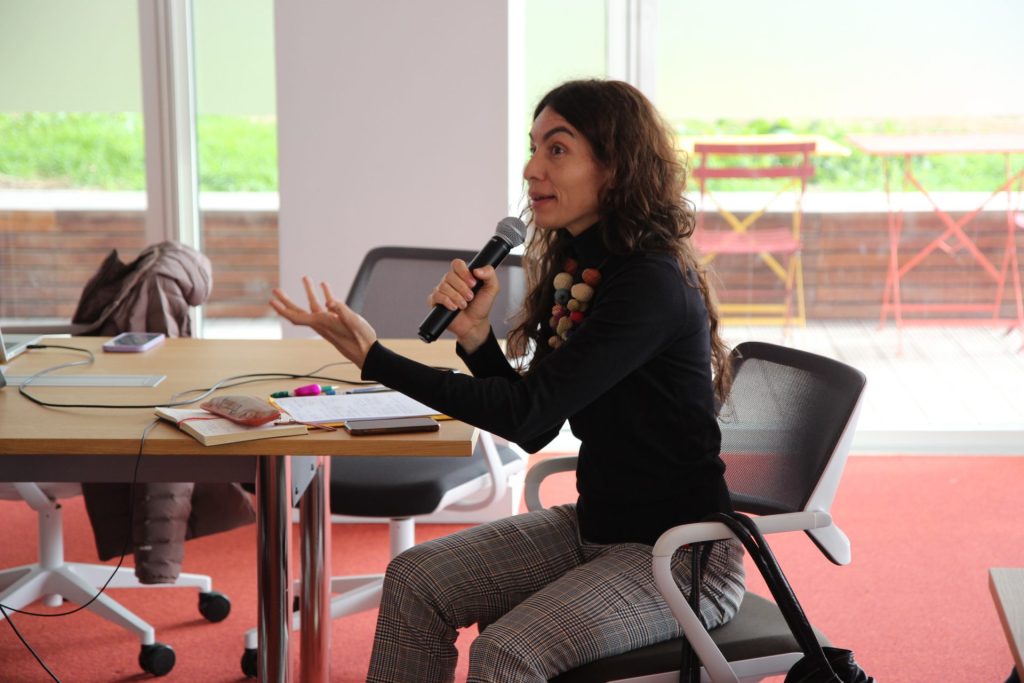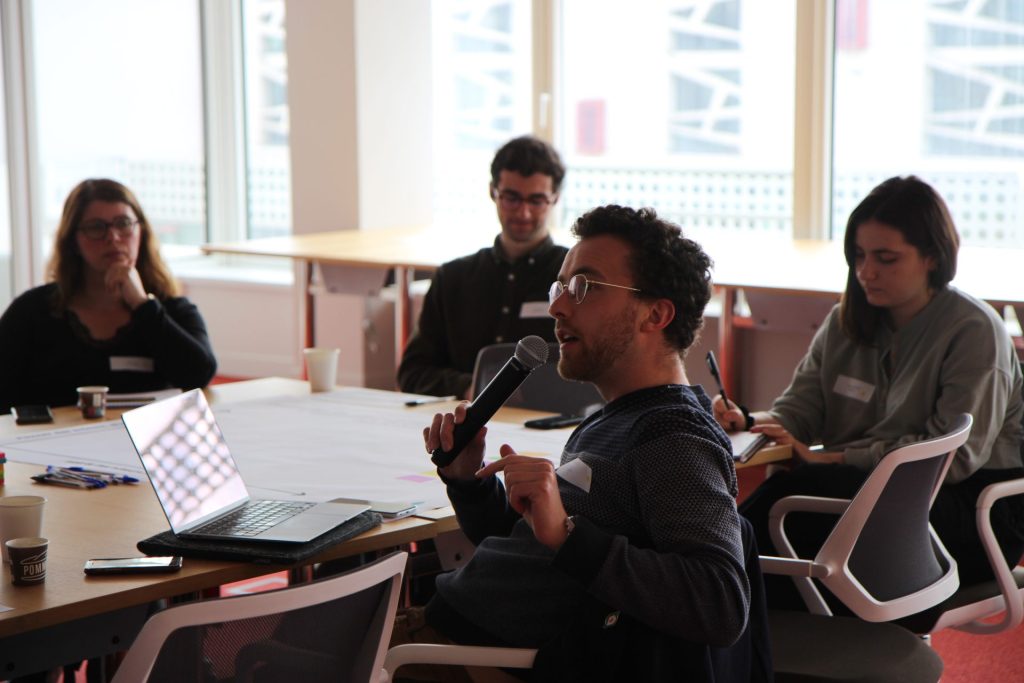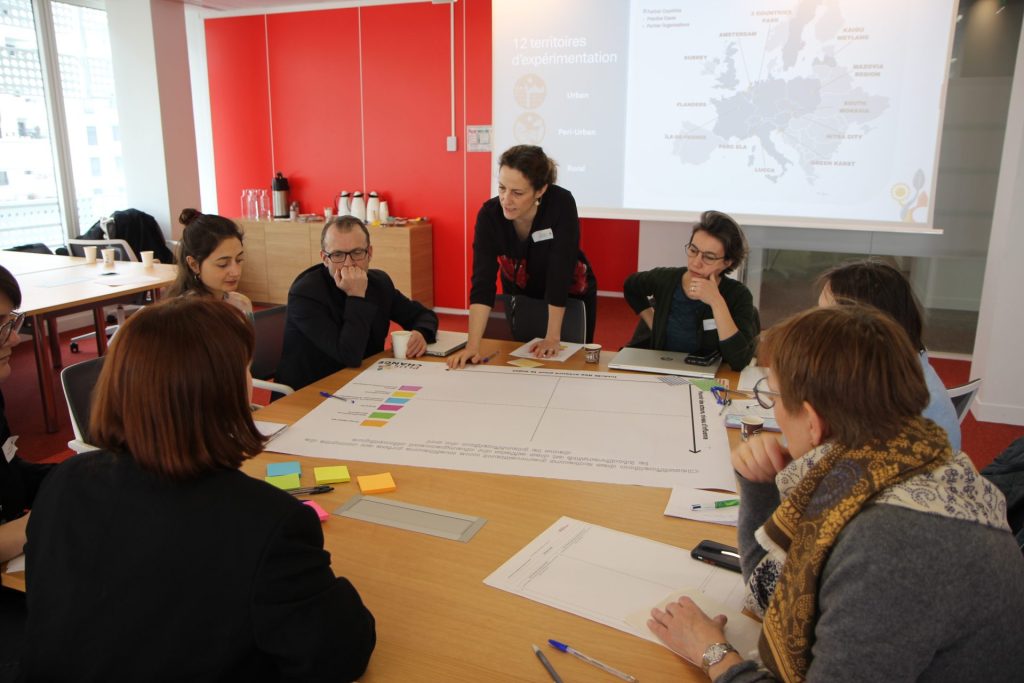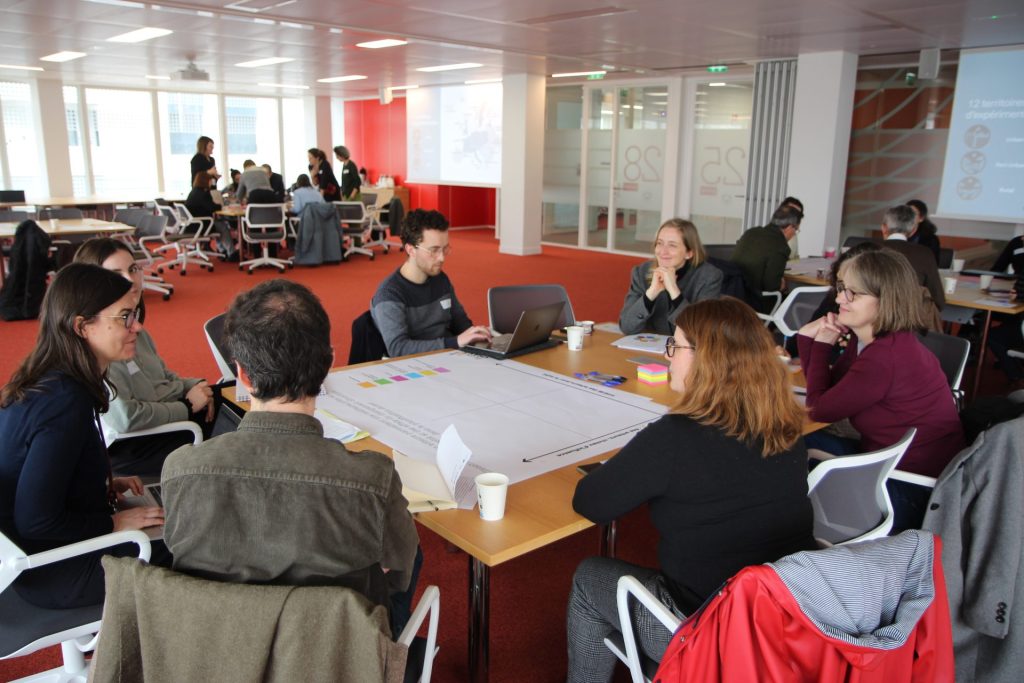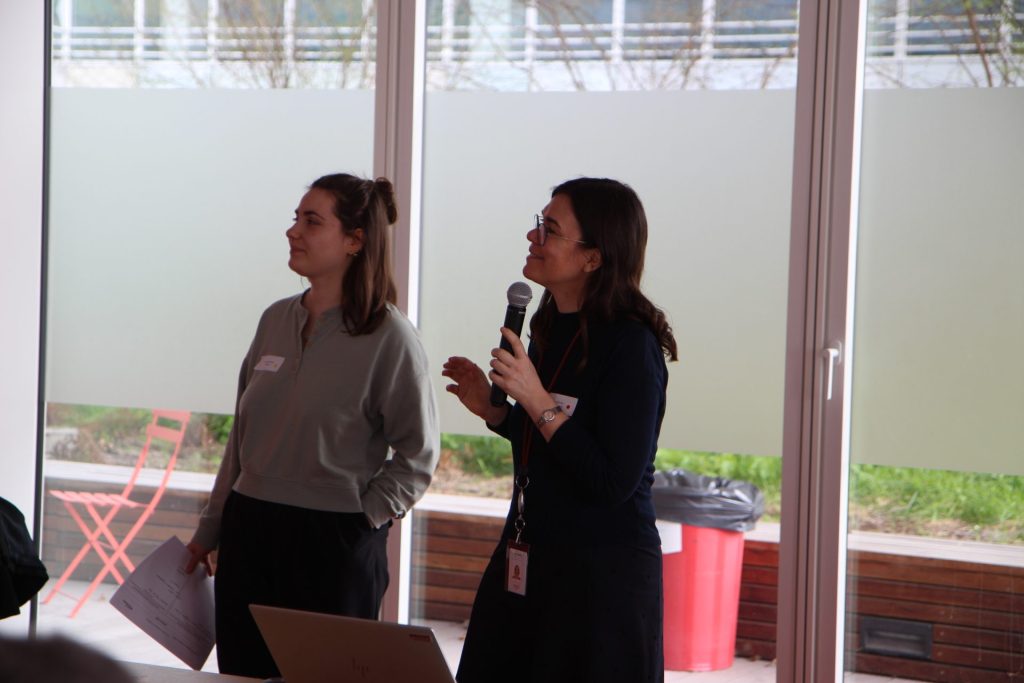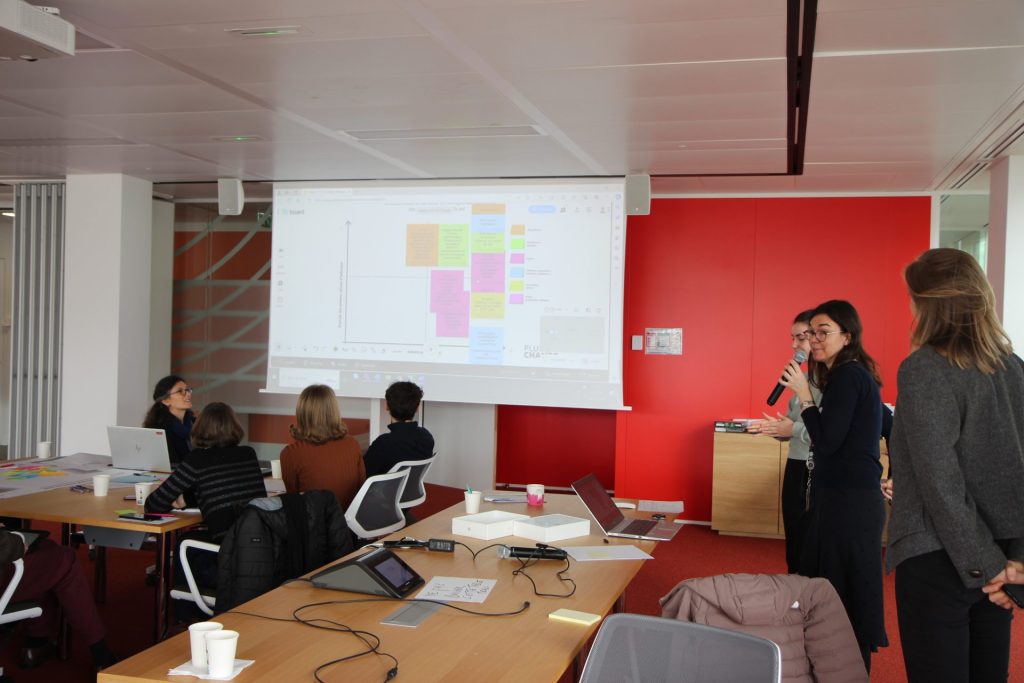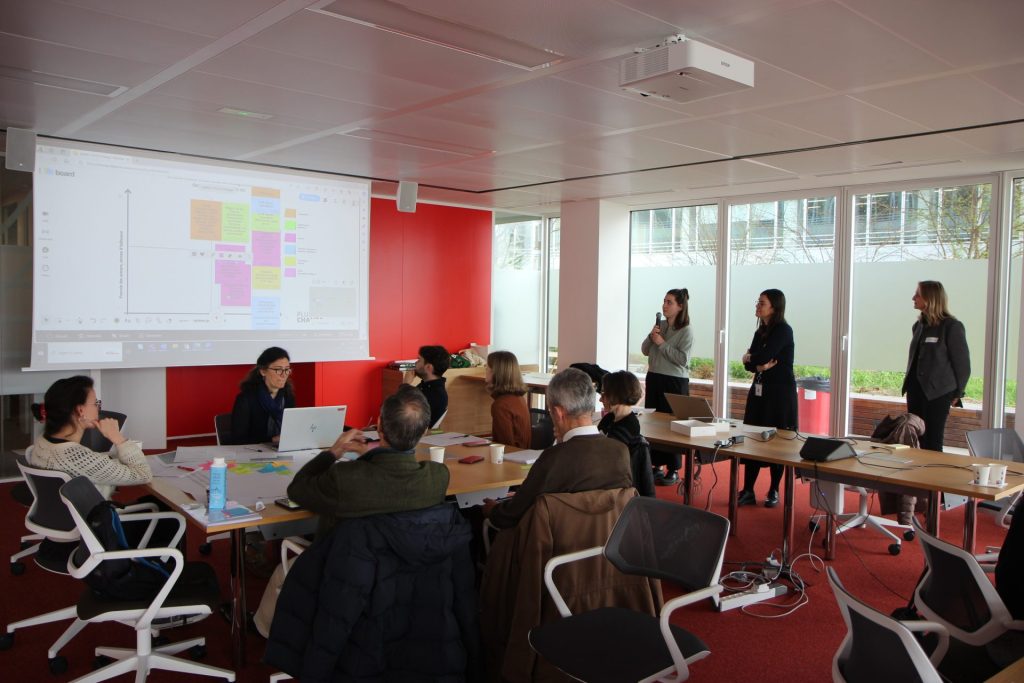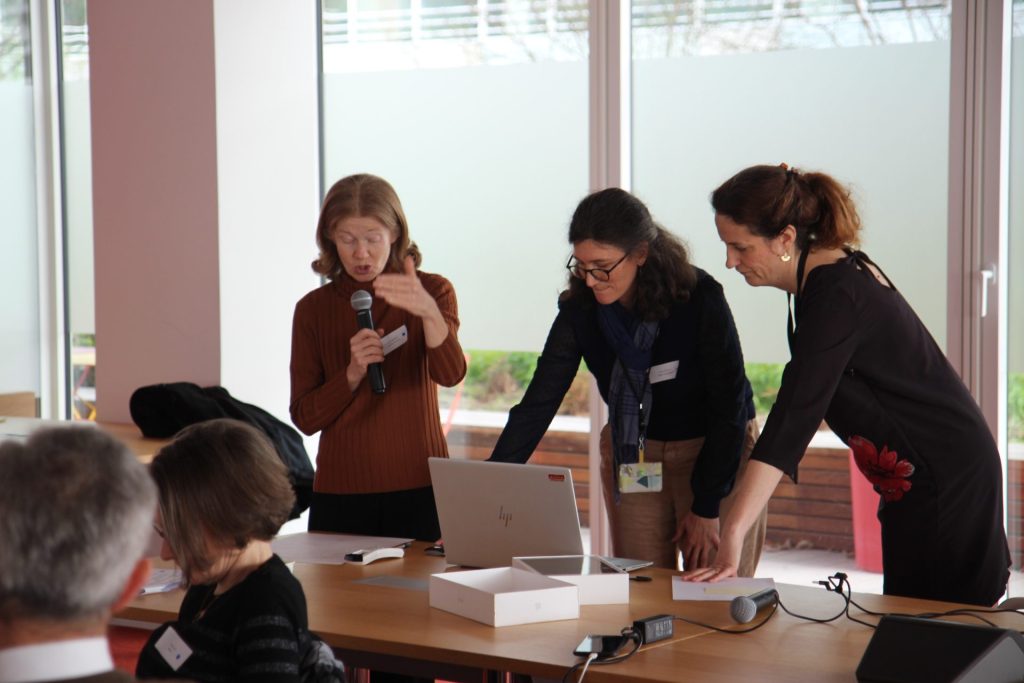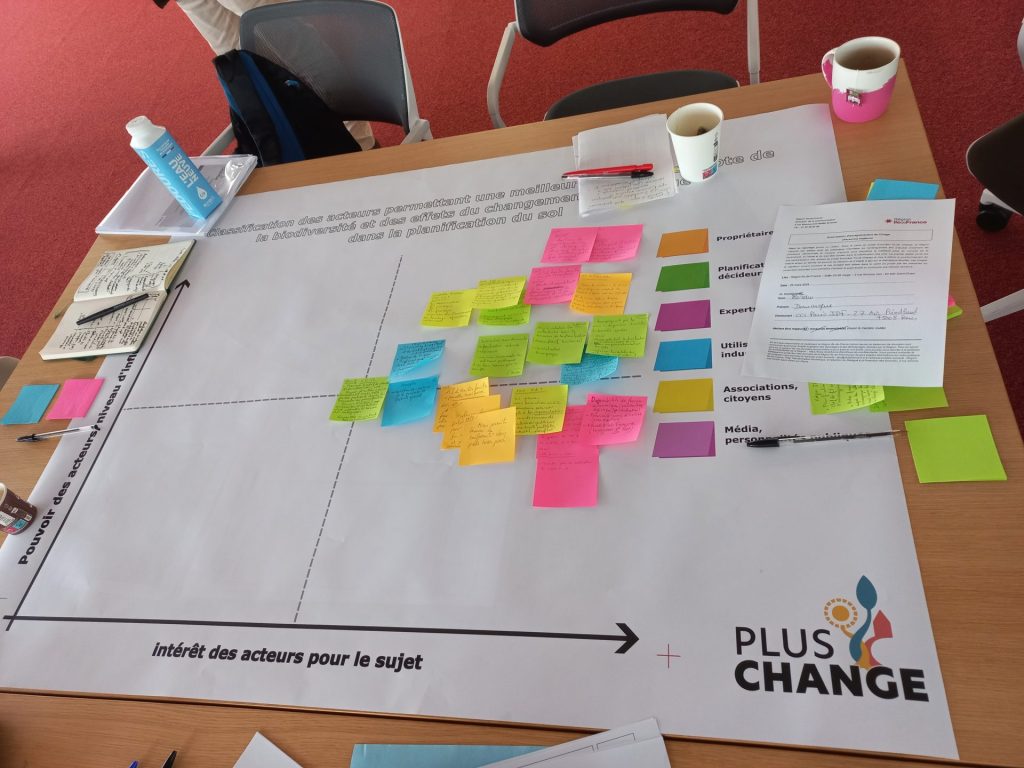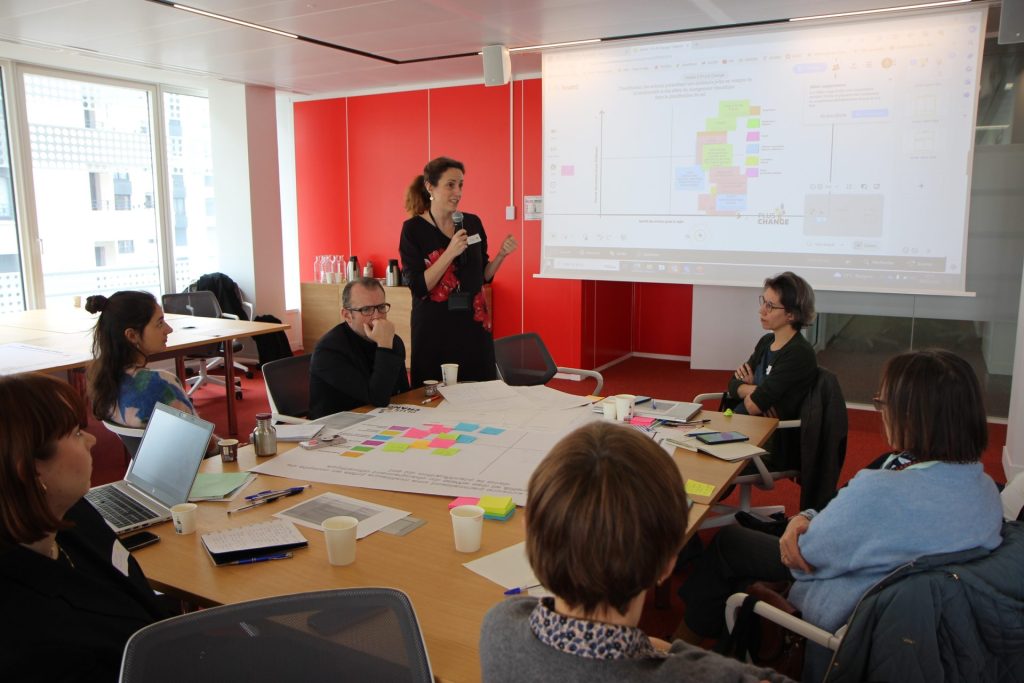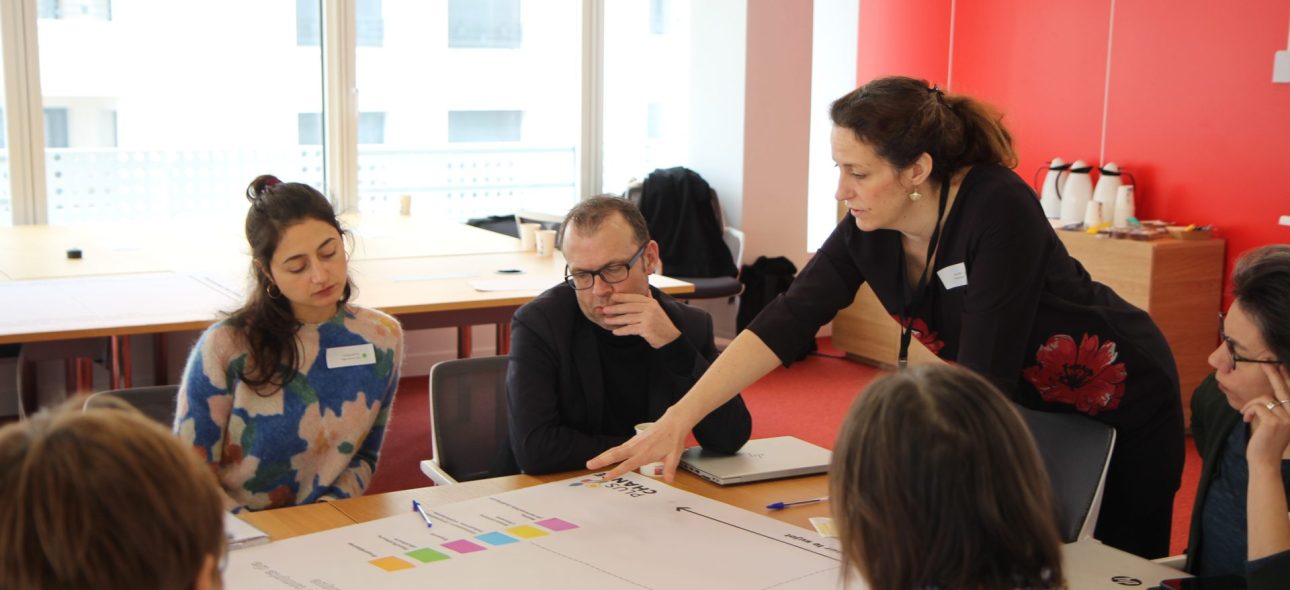
Workshop 1 in Île-de-France
On March 29, 2024, Practice Case Île-de-France hosted its first workshop with stakeholders from the region. The workshop served to introduce the PLUS Change project and begin the process of identifying key actors to champion the integration of climate change, biodiversity, and human well-being into local land-use planning.
The workshop, attended by 24 participants, demonstrated a significant interest in the PLUS Change project. It also served as an encouragement for additional partners to join the initiative in subsequent stages, given the relevance of the issues discussed to a broad spectrum of stakeholders.
The first lessons learned from this workshop can be summarised in three points:
- A specific feature of the Île-de-France region is that actors within the same land management structures have several different roles, being landowners with interests to protect land, as well as developers and advisers
- The stakeholders who are involved in the preparation of planning documents from a regulatory point of view do not have the same perception of the extent to which their opinions are taken into account, and consequently of the roles they play in the decision-making process
- Financial leverage plays an important role in shaping the course of action and decision-making processes. For example, an expert who grants subsidies to encourage specific types of land use holds more sway over soil transformation than a traditional consultancy office.
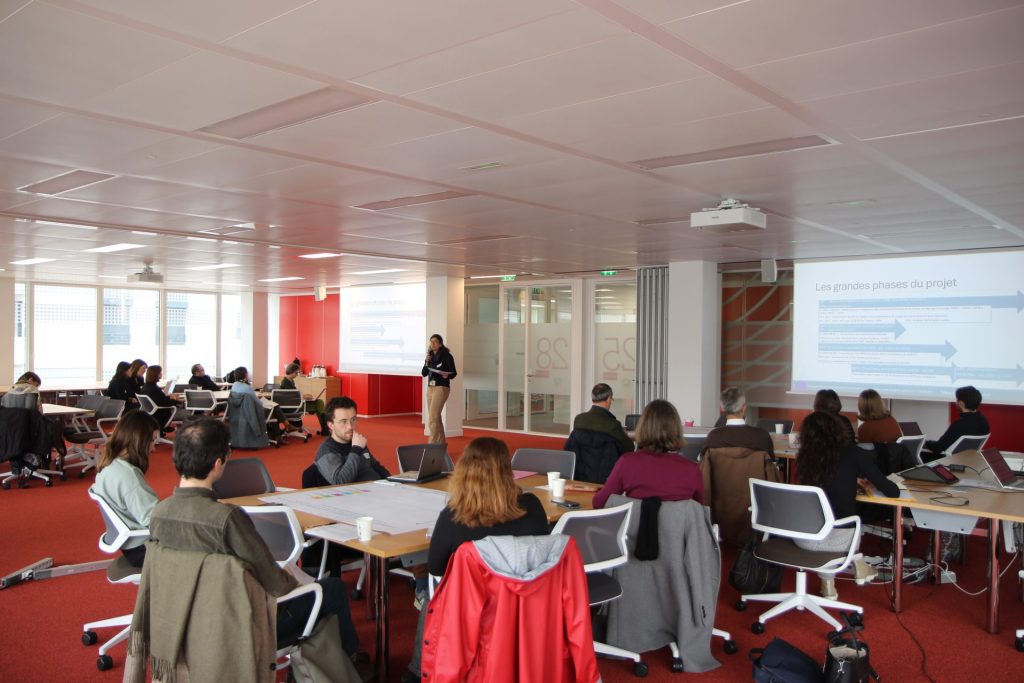
The region also identified several challenges related to land use as priorities to ensure better consideration of climate, biodiversity and human well-being in land planning. These challenges are organised around four main action points:
- Promote the inclusion and training of all stakeholders by expanding citizen participation, amplifying the voices of associations and identifying and mobilising actors who currently show little interest but have significant influence over land use.
- Preserve and enhance productive areas by ensuring a more efficient utilisation of resources, integrating climate risk management, and supporting priority areas of activity that contribute to the economic sovereignty of the region. This was particularly evident in the issues concerning food sovereignty and carbon capture through the preservation of forests and grasslands.
- Ensure the preservation of the quality of life and nature by enacting strict protections of natural, agricultural and forest spaces, promoting urban regeneration, developing nature-based solutions and adapting forests to climate change.
- Provide regulatory and financial tools to encourage developers to account for the environmental and social co-benefits of natural and forested areas. Further explore suitable financial instruments to address ecological debt and develop tools for executing development projects that safeguard biodiversity.
At this stage, the PLUS Change project has allowed the Île-de-France Region to converse with these partners and stakeholder in a less regulatory context, which seems to open up new areas for exploring possible collaboration. The next workshop will be held in mid-June.
